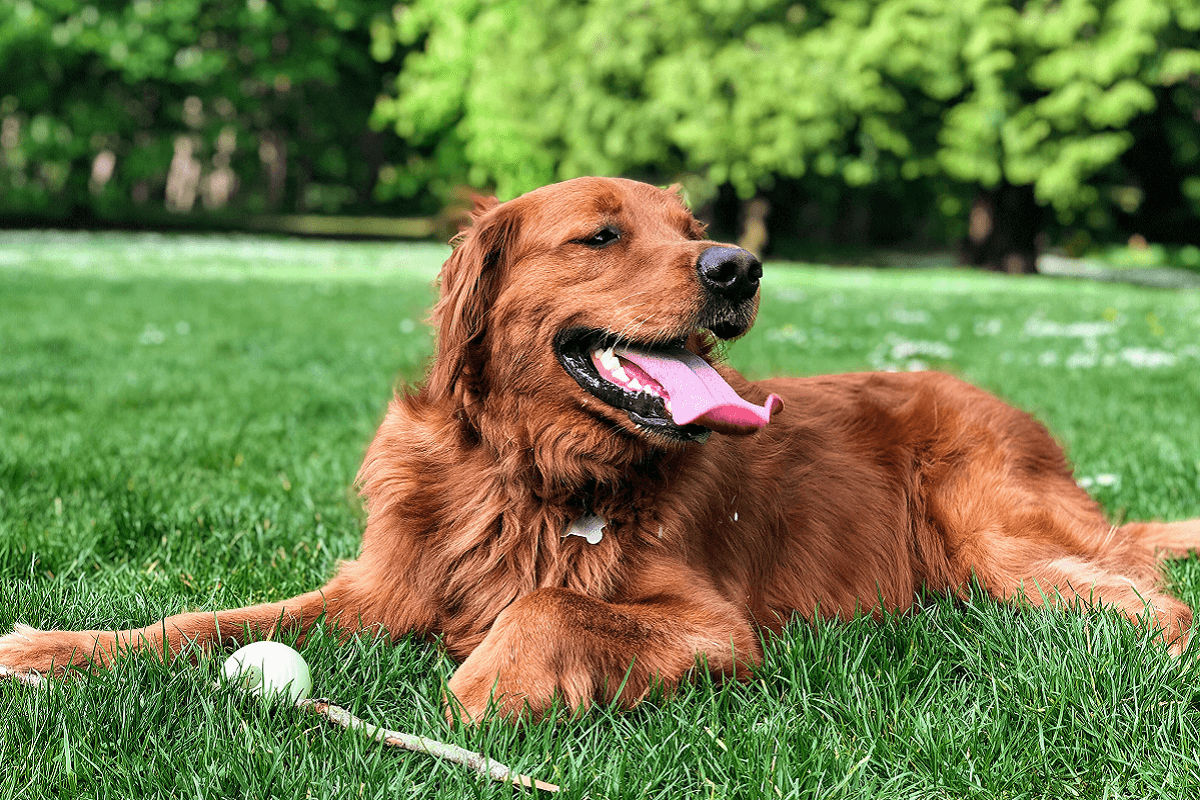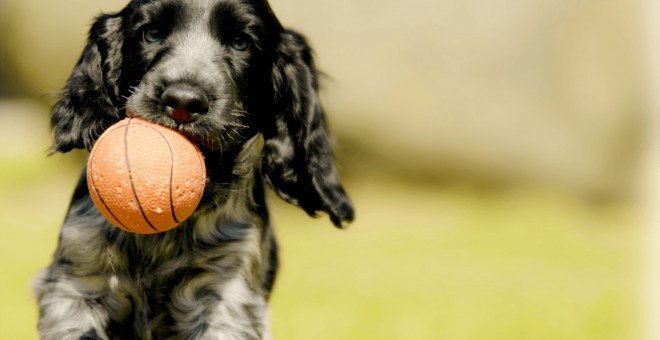Parvovirus is a highly contagious and potentially deadly disease primarily affecting dogs, particularly puppies and younger dogs. This dangerous disease is easy to catch, but it is also preventable with vaccinations, regular boosters, and avoiding high-risk areas.
We’re always happy to answer your questions about parvovirus, but here are the basics you need to know.
What is parvovirus?
Scientifically known as Canine Parvovirus (CPV), this highly contagious virus can cause severe gastrointestinal distress, dehydration, and sadly in some cases, death. Puppies and young dogs are particularly susceptible due to their underdeveloped immune systems.
What are the sources of infection?
Your dog can contract parvovirus through direct contact with infected dogs, contaminated surfaces, or even by coming into contact with the virus in the environment, including infected faeces. This is why high-risk areas such as dog parks, communal dog spaces, and places frequented by other dogs can pose a significant threat, especially for unvaccinated or under-vaccinated dogs.

Symptoms of parvovirus
Recognising the symptoms of parvovirus is essential for early intervention.
Watch for signs such as:
- Severe vomiting
- Lethargy
- Loss of appetite
- Bloody diarrhea
- Rapid weight loss
As puppies and unvaccinated dogs are particularly susceptible, contact us immediately if you notice any of these symptoms.
Testing & treatment
If we are concerned that your dog may have parvovirus, we’ll conduct a thorough physical examination to assess its overall health, check its vaccination status and review symptoms. The most common diagnostic test for parvovirus is a faecal test that detects viral antigens in the stool. Blood tests can also provide us with additional information on your dog’s health, and depending on the results, further testing may be required.
If parvovirus is confirmed, treatment usually involves hospitalisation, supportive care, and intravenous fluids to combat dehydration. We may also administer medications to control vomiting and diarrhea, and antibiotics to prevent secondary infections. As parvovirus is so contagious, infected dogs are typically isolated in our vet hospital to prevent the virus from spreading to other dogs.
How you can prevent your dog from contracting parvovirus
Vaccination is the cornerstone of prevention, with puppies needing a series of vaccinations – starting at around six to eight weeks of age. Regular boosters are also essential to maintain immunity. Avoiding high-risk areas, practicing good hygiene, and ensuring your dog’s environment is clean and disinfected also contribute to prevention.
If you suspect your dog may have parvovirus or if they are exhibiting symptoms of the disease, contact us immediately. We’re open 7 days a week, and we can see you straight away in an emergency. Call us on 03 9555 4808.


